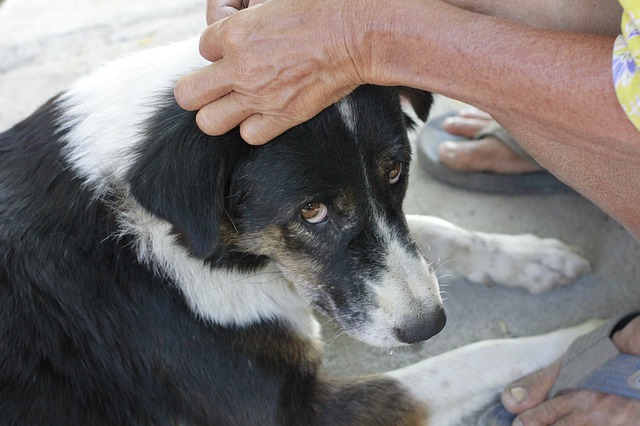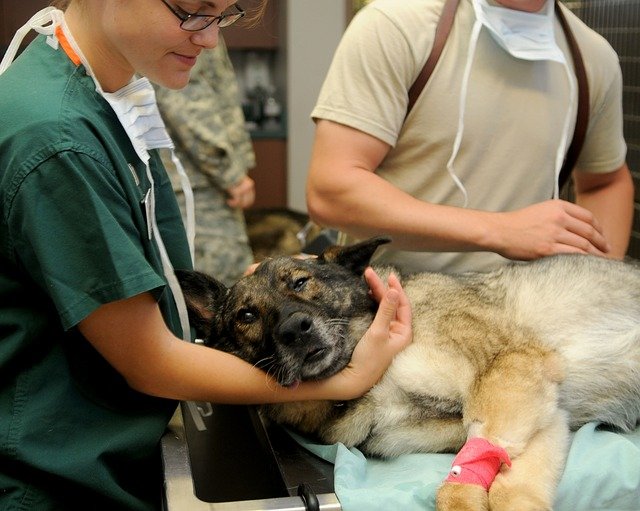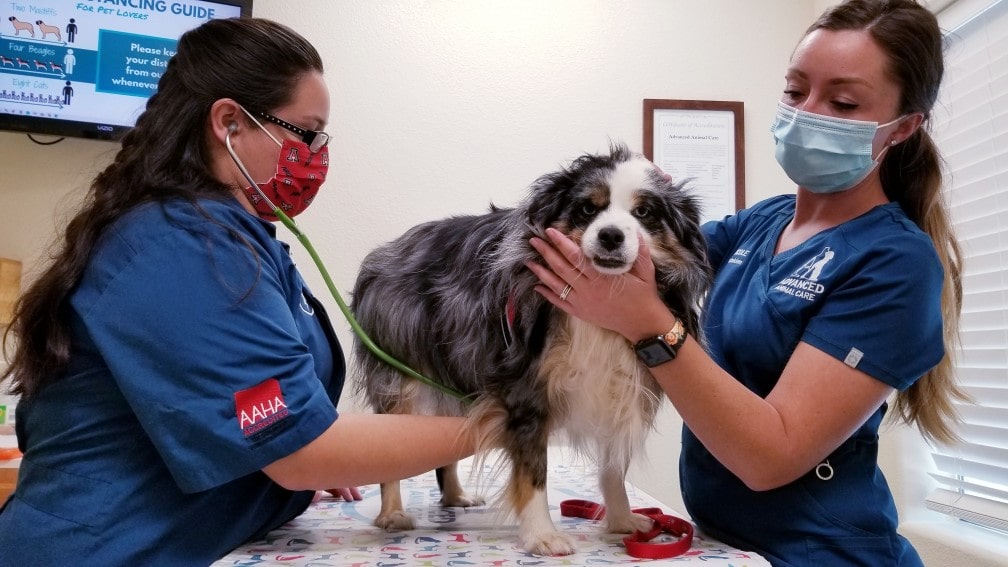You think that when a dog scratches itself repeatedly, it may be due to parasites. However, other causes of Itching in dogs, such as allergies. Also, dogs are susceptible to hypersensitivity reactions, and allergic disorders are rising.
Allergy Symptoms in Dogs
- Constant Licking of Paws and other body parts
- Itching that spreads throughout the body and causes persistent scratching
- Sneezing
- Discolored Skin
- Hair loss is a common problem.
- Reddened Skin – cheeks, stomach, ears, legs, or armpits
- Frequently occurring otitis
- Excessive flushing and constant ripping
- Recurrent conjunctivitis
- Skin scabs or pustules with no apparent reason
Types of Allergies in Dogs
#1 Flea allergy dermatitis
If a flea bites your dog, the immune system overreacts, resulting in flea allergy dermatitis. The skin becomes irritated as a result of the inflammatory reaction.
If your dog is allergic to fleas, even a single flea can induce an allergic reaction. It usually scratches the skin on the inner thighs and abdomen and the lower back near the connection with the base of the tail.
#2 Atopic dermatitis or Atopy
Atopy is the most frequent allergy in dogs. It’s a hereditary disease that develops itchy and inflammatory skin due to an overreaction to anything in the environment. Environmental fungus, insects, pollen from trees and plants, and Dust mites are the most prevalent sources of Atopy.
Read Also: Bacterial Infection In Dogs
#3 Food Allergy
When your dog’s immune system reacts abnormally to a specific ingredient in its diet, this is known as a food allergy. The most common allergens are dairy, soy, corn, rice, beef, chicken, wheat, fish, and eggs.
The foremost symptom of this allergy is itching on the abdomen, face, armpits, ears, and groin area. There’s also the possibility of vomiting and diarrhea.
Treatment for Allergies in Dogs
The best way to treat allergies is to avoid allergens that trigger them, which might be difficult depending on the type of allergy. For example, flea allergies are treated by eliminating the fleas and fully deworming the dog.
Furthermore, especially in allergic animals with fleas, it is vital to carefully treat and clean the environment. Finally, you can use medicine to prevent subsequent infections from relieving Itching.
Avoiding allergens that cause allergies; therefore, treating Atopy is difficult. If your dog has atopic dermatitis, the therapy will consist of avoiding contact with the allergen. To treat dogs’ allergies, skin, and Itching, your veterinarian may prescribe a hypoallergenic shampoo.
Read Also: 5 Dog Grooming Basics
You can manage its Itching with a reliever prescription if it only occurs for a few months of the year. However, if symptoms are severe, immunosuppressive or anti-inflammatory medication may be recommended for some time.
Identifying the allergen that triggers the food allergy, such as beef, is advantageous because the allergen needs to be removed from the dog’s diet to eat correctly again. A hydrolyzed diet may be helpful if you cannot identify the allergen or if the dog is hypersensitive to several proteins.
Conclusion
You can give a corticosteroid injection or keep your dog under observation for a few hours if your dog has an allergic response to a drug. Dog Allergies on the skin are a prevalent concern. If you doubt your dog has a skin allergy, you should consult a veterinarian.

 DogExpress
DogExpress




















 in Chandigarh, India.
in Chandigarh, India. 
